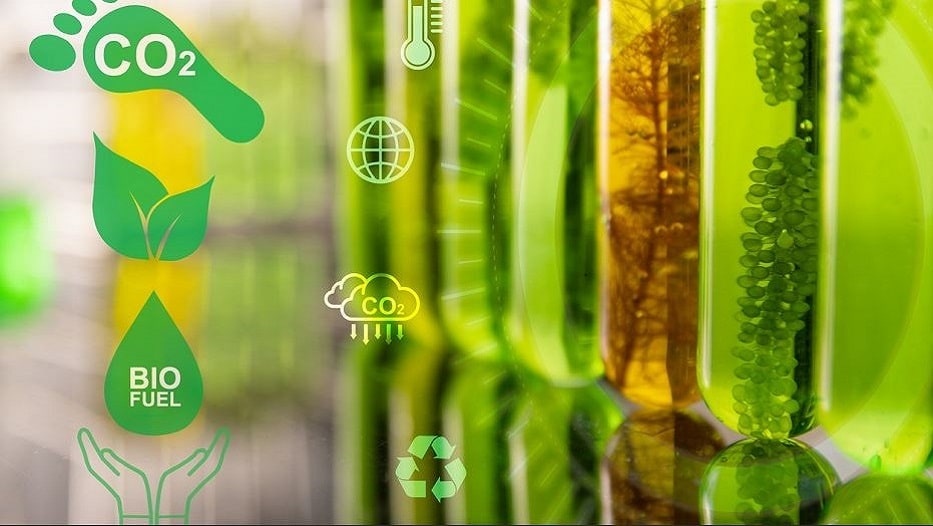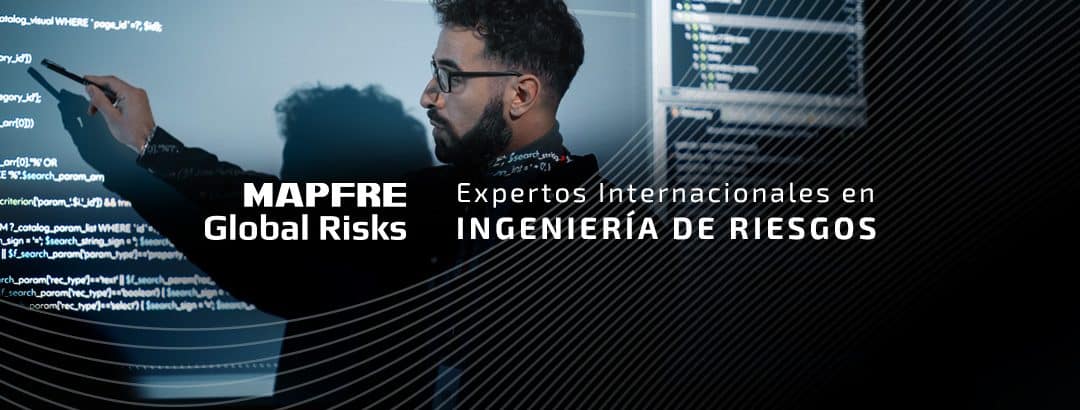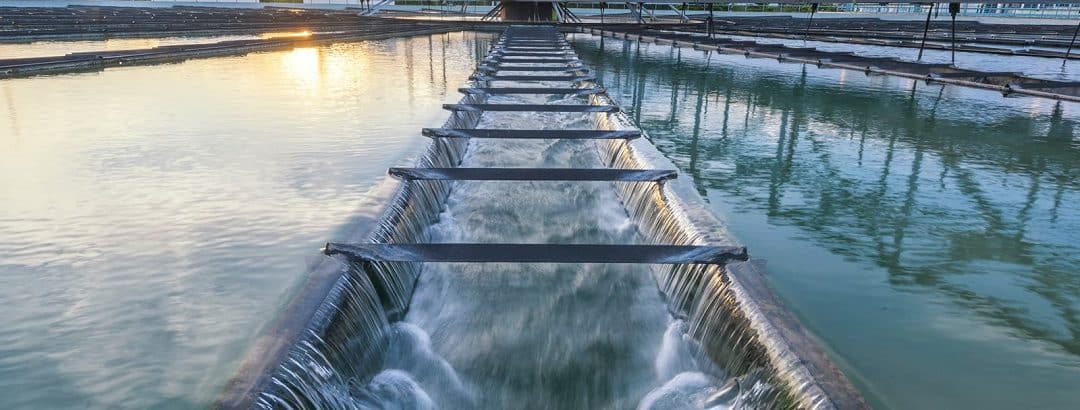Cristina Leon Vera | 24/10/2023
Fuels, in addition to a strategic industrial resource, are a key element in the decarbonization of industry. This unavoidable and urgent energy transformation does not necessarily mean the closure of refineries, but rather a change in the production model.
Mitigating the environmental impact of economic activity in all its phases, from production to use and marketing of goods, has evolved from an optional commitment to a regulatory imperative within the international community. The transition from refining to biorefining is part of the shared commitment to energy transition, especially geared towards transport and industry.
José Ramón Freire López, General Manager of the Spanish Bioethanol Association (Bio-E), tells us about the need to stop climate change starting from this element that is necessary for society and economic development. “When a refinery forgoes oil as a raw material and uses biomass or sustainable crops, that’s what we call biorefining. This transition is framed within circular economy and decarbonization strategies, and can provide Spain with renewable energy, local protein and biomaterials.”
While all production sites have the potential to implement better energy use techniques and incorporate renewables, the momentum for transformation comes from the ongoing dependence on oil, which “must decrease until it disappears and requires a gradual and deeper change,” he says.
Timelines for an Unstoppable Change
The industry’s evolution will not follow a linear path, but instead, will have different plans that will advance at a pace adjusted to innovation and industry requirements. “In this sense, we can talk about a progressive change in existing refining, but at the same time, of new technologies and different sites,” says Freire López.
The abandonment of fossil raw material will “imply the relocation of some refineries, because it will no longer be as important to be in ports as it will be to be near the large biomass producing areas. It will also create more wealth in the environment, as oil import income will not leave the region and local providers of renewable and autochthonous materials will receive a boost,” the expert said.
Achieving a more sustainable and efficient progressive development of refining starts with incorporating renewable energy into carbon capture processes and techniques and shifting its origin from subsurface oil to sustainable raw materials originating in the biosphere. “Eliminating fossil fuels will not only positively impact greenhouse gas emissions, but will make energy more democratic. Raw materials will not be extracted from the subsoil but from the surface of the earth and the sea will become more important in this cyclical and sustainable process. There will no longer be reliance on large oil and gas deposits concentrated in a few countries and we will be able to rely on renewable generation that will lead to greater self-sufficiency for countries, which will also result in less land abandonment, the use of our oceans, the creation of local wealth and the reduction of energy conflicts,” Bio-E’s General Manager confirms.
Keys to a Shared Challenge
A change of this size brings challenges that must be faced from different angles and the admission of feasible timelines, as Freire López explains. “The challenge is for society and governments to be aware that achievements must be gradual: it is better to have an imperfect solution that decarbonizes 20% today to another that, due to lack of feasibility in this technological, social and economic context, only provides an expectation of total decarbonization in 2050,” he admits. These “imperfect” measures could be the basis for successive technological improvements that, in the long term, do achieve the decarbonization of the economy.
Spain finds itself in a promising scenario, although the Bio-E specialist considers it would be appropriate to boost local autonomy. “The country was once a leader in biofuel development and it has some of Europe’s largest biorefineries. It is an industry that is exporting the majority of its production, in many cases in foreign capital hands, that does not reinvest profits in our country due to the lack of a framework to support consumption and production. It’s a shame, because the foundations for a change in scale and for the technological evolution of biorefining have been laid for two decades,” he says. “In relation to renewable hydrogen,” he adds, “Spanish companies are at the world’s forefront. In this case they did create the proper roadmap. The challenge is now technological, of scale and investment. Much more low-carbon or renewable power generation will need to be developed in the coming years.”
As in other industries, Bio-E is asking for the establishment of a specific roadmap for eco-fuels, which screens products with a low carbon footprint. There is the need, they insist, “to analyze their fiscal structure, differentiating them according to their ability to decarbonize the economy, create employment and enhance the energy and food independence of our country.”
Another unavoidable step for the expert is providing support for the deployment of existing renewable technologies, giving precedence to at scale initiatives where most elements in the value chain have already been demonstrated, creating a market in the short-term and favoring me
dium- and long-term research. “Not only from a production standpoint, we need to foster their use by means of a transition in demand towards renewable liquid fuels, which can rely on the existing storage and distribution infrastructure with easy-to-adapt consumer elements such as ships, aircraft and trucks,” he concludes.
Photography and short profile of the interviewee
José Ramón Freire, holds an Industrial Engineer’s Degree by the Polytechnic University of Madrid in the Energy Techniques Specialization, and is the General Manager of Bio-E and of the Spanish Association of Renewable Ammonia, as well as an energy consultant and founding partner of Linze Electric Vehicle.






